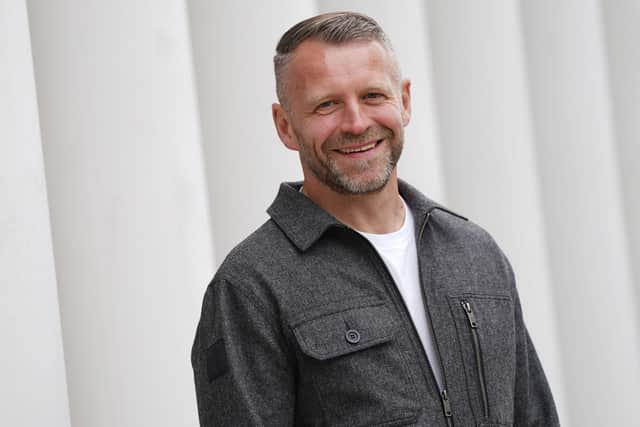Psychological safety is crucial for mental health
It might sound a bit buzzwordy, but I believe psychological safety is crucial for employees' mental health. I'm not just talking about providing a comfy chair and a coffee machine at the office. I mean an environment where every employee can walk in, share their thoughts, ideas and suggestions and maybe even call out something that doesn't feel right, all without fearing they might face retribution or ridicule.
It’s a no-brainer that our work environment plays a mammoth role in our mental wellbeing. Feel unsupported, unheard, or afraid at work? That’s going to take a toll. Now imagine a space where you can voice a wild idea, challenge a norm, or admit to a mistake, knowing you won’t be thrown under the bus. Sounds freeing, right? That’s psychological safety at play. And trust me, it's transformative, not just for innovation and growth, but for the mental wellbeing of everyone involved.
Advertisement
Hide AdAdvertisement
Hide AdIn my experience, a psychologically safe workplace is built on four key cornerstones. Firstly, it's vital to foster open communication, ensuring team members can voice their ideas and concerns without fear. Secondly, prioritise empathy and understanding, recognising and valuing each individual's unique experiences. Thirdly, champion inclusivity and diversity, ensuring every voice is not just heard, but truly valued. Lastly, instead of penalising errors, view mistakes as opportunities for learning, thereby encouraging innovative thinking.


Now consider this: how many of those corporate missteps we've read about recently could have been nipped in the bud if someone from the inside felt safe enough to wave a red flag? Psychological safety isn't just about making sure employees feel good; it's about giving them the confidence to stand against questionable behaviours they witness, ensuring that malpractices don't escalate into front page scandals. It's proactive, not reactive.
Whistleblowing is, in many ways, the ultimate test of psychological safety in a workplace. Think about it: it’s one thing to share a new idea or admit a mistake, but quite another to call out potential misconduct or unethical practices. The very act of whistleblowing requires immense courage and trust in the system. And where does that trust stem from? A foundation of psychological safety.
If employees feel genuinely secure and believe their concerns will be treated with seriousness and confidentiality, they’re more likely to step forward. Essentially, a strong whistleblowing system isn't just a standalone policy; it's an extension and affirmation of a psychologically safe environment.
A heads up for leaders: it’s on us. Sure, everyone plays a role, but creating, nurturing, and championing a psychologically safe workspace starts at the top. It’s not just good for the performance of your organisation, it's essential for the mental health of our people.
So, this autumn, let’s keep the momentum from World Mental Health Awareness Day going. It's high time we recognise the power of psychological safety in not just keeping our employees' minds healthy but in safeguarding the very integrity, creativity and productivity of our organisations.
Paul Reid, Founder and CEO, Trickle
Comments
Want to join the conversation? Please or to comment on this article.